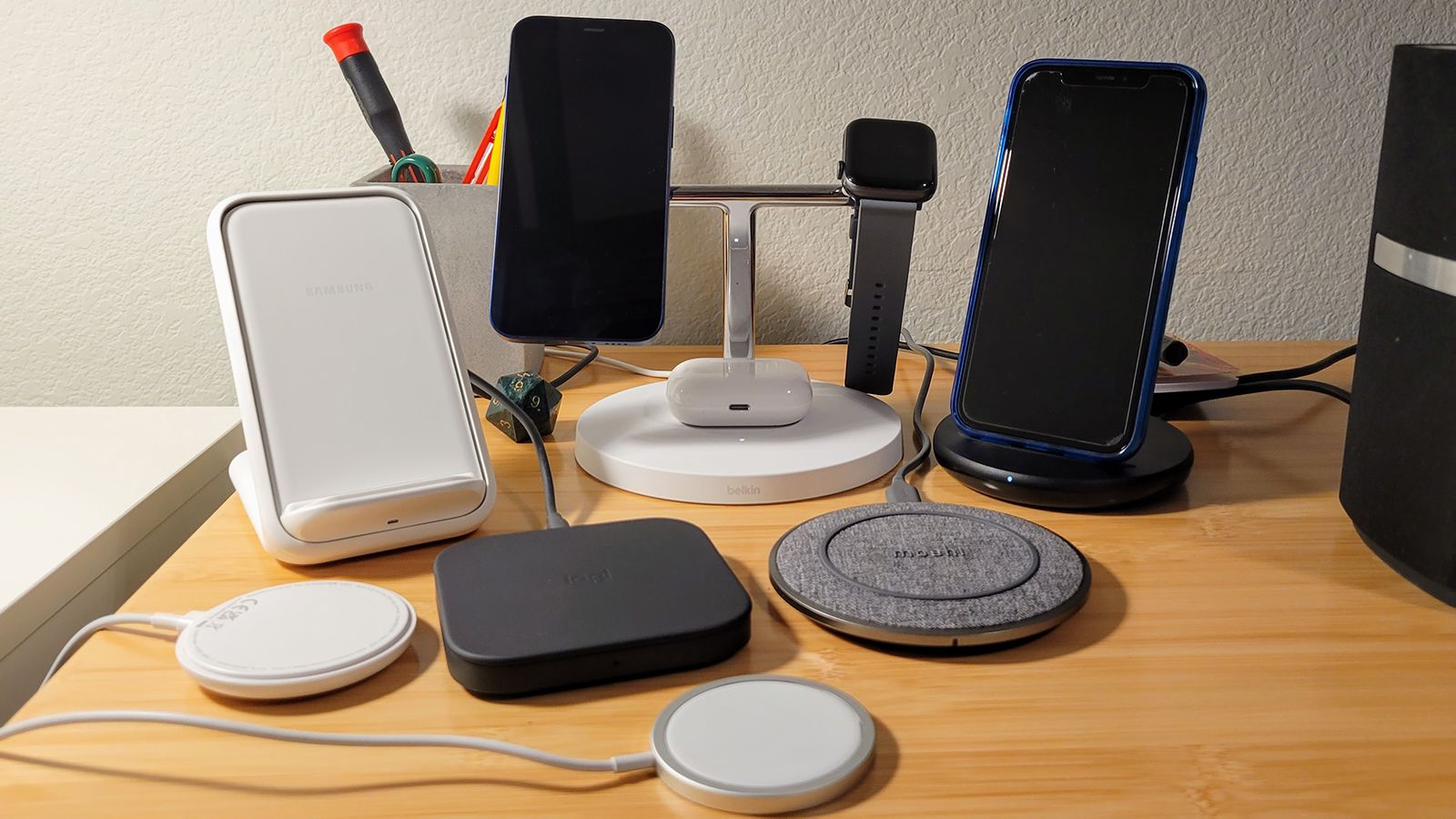
Cell phones are essential to our daily lives, and being with a dead one can be frustrating. You may be wondering if a wired or wireless phone charger is ideal for charging your cellphone during the day. This blog will explain the benefits and cons of both charger types and what to consider when choosing to assist you navigate the endless range of phone chargers on the market.
Wired Chargers

Original Charging Experience
Device charging is becoming more crucial as technology advances. Wired phone chargers are the easiest to get and usually come with your phone. These important mobile phone accessories connect your phone to a wall outlet or PC via a wire.
The Pros
Faster charging
Wired phone charging wires charge faster than wireless ones. Because they connect directly to your device, wired chargers like USB-C or Lightning cables charge faster. This more efficient power transfer speeds up wireless charging compared to induction.
Affordability
Wire-based phone chargers are cheaper than wireless ones. Phone chargers are cheap to replace if they break or are lost. These wired chargers are affordable, whether you buy one from a top brand or a convenience shop.
Compatibility
Wired phone chargers are also the most accessible and compatible. Most smartphones have a wired charger connector, making charging easy anywhere. You may usually use the same wired charger for multiple devices.
The Cons
Messy Cords
Traditional wired chargers have drawbacks, such as tangled cords in drawers and bags. A wireless phone charger may be preferable if you have trouble untangling your wired cables. Your desk and sanity will appreciate it.
Possible Damage
Wired chargers can break more easily than wireless chargers and need to be changed more often. Bending, twisting, and pushing your wired charger, whether intentionally or accidentally, might expose the wire or disable charging.
Few Mobility & Charging Options
If you want to use your smartphone while it charges, wired chargers require a direct connection, which is a drawback. Tired of being wall-bound? Wireless phone chargers may be preferable.
Wireless Chargers

How Does Wireless Charge?
We no longer use wires and cables to charge our phones and tablets. Instead of cords, we may use the finest wireless phone chargers to charge our gadgets.
Wireless chargers use inductive charging to power phones. An electromagnetic field transfers power from the charging pad to your phone, so you can place your phone on the pad and it will charge without cords. Wireless charging works with most smartphones, including iPhones and Androids, but verify your phone’s specs to make sure.
The Pros
No more tangled wires and lost charging cables—just a wireless charger and a compatible device to power your smartphone. Wireless phone charging cables are the most convenient because they have no wires. Place your device on the charging pad to charge it quickly.
Versatility
Wireless phone chargers are great for on-the-go charging. With a wireless charger, you can charge anywhere. Nothing can stop your battery from reaching 100% at work, the beach, or in your car.
Aesthetics
Wireless chargers are elegant and discreet, fitting easily into your home office equipment and decor. Wireless chargers that sit on your desk or magnetize to your phone’s back provide unlimited aesthetic alternatives.
The Cons
Lower Charging Speeds
The slower charging speed of wireless charging is another drawback. Wireless chargers employ less efficient electromagnetic fields to deliver energy to your smartphone than conventional chargers.
Affordability
Wireless chargers are becoming more popular, although replacing them less often than cable ones costs more. Even basic wireless chargers cost more than high-end wired chargers. For those on a budget, wired phone chargers may be optimal.
Possible Interference
Wireless charging may cause EMI. The electromagnetic field energy transfer mechanism is safe and efficient, however EMI may interfere with surrounding electronics.
Making a Choice
Which phone charging cable suits you best?
Both types of chargers offer pros and limitations, so examine your lifestyle, tastes, and needs before choosing. A cable phone charger may be optimal for rapid, economical charging. For simplicity and versatility, a wireless charger may be best. Luckily, there are many terrific charger alternatives, so you can find one that meets your needs.
CREDIT: Martallschoolabs, gorillagadgets
 No products in the cart.
No products in the cart.